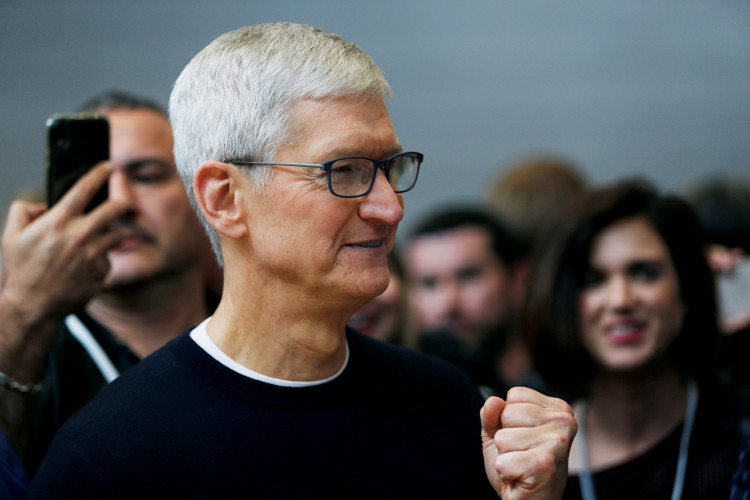Apple shareholders on Tuesday overwhelmingly rejected a proposal to eliminate the company's Diversity, Equity, and Inclusion (DEI) program, reaffirming the technology giant's commitment to its workplace policies despite growing political and legal scrutiny. The proposal, submitted by the National Center for Public Policy Research (NCPPR), a conservative think tank, called on Apple to abandon DEI, arguing that such programs create compliance risks and could harm shareholder value.
"The risks to Apple stemming from continuing to push these divisive and value-destroying agendas is only increasing in light of President Trump's recent executive order focusing the Department of Justice on rooting out illegal discrimination being carried out in the name of DEI," NCPPR Executive Director Stephen Padfield said in a prerecorded statement to shareholders. "The vibe shift is clear. DEI is out, and merit is in."
Apple opposed the measure, stating that its hiring and workplace policies already comply with employment laws and that its DEI initiatives foster innovation by ensuring a diverse workforce. "Our strength has always come from hiring the very best people and then providing a culture of collaboration, one where people with diverse backgrounds and perspectives come together to innovate and create something magical for our users," Apple CEO Tim Cook said at the meeting.
Despite the vote, Cook acknowledged that Apple may need to adjust its policies in response to the changing legal environment. "As the legal landscape around these issues evolves, we may need to make some changes to comply," he said. "But our North Star of dignity and respect for everyone, and our work to that end, will never waver."
The rejection of the proposal comes at a time when corporate DEI programs have faced increasing scrutiny. In 2023, the U.S. Supreme Court ruled against affirmative action in college admissions, a decision that has emboldened conservative groups to challenge diversity initiatives in the private sector. Since then, companies including Google, Walmart, Target, McDonald's, and Amazon have scaled back or eliminated similar programs.
Apple has long emphasized its commitment to diversity, with initiatives supporting internal employee resource groups, accessibility features, and product development efforts aimed at reducing racial bias. The company's workforce data from 2022 showed that 42% of employees were white, 30% Asian, and 35% female.
Beyond the DEI debate, shareholders at the annual meeting also rejected several other proposals, including calls for greater transparency on artificial intelligence data usage and a report on the company's charitable giving. Investors also voted down a request to assess the risks of Apple's partnership with OpenAI, which some critics argue may conflict with the company's privacy commitments.
Shareholders, however, approved Apple's executive compensation package in an advisory vote, including Cook's 2024 salary of $74.61 million, up from $64.21 million the prior year. Apple also secured approval for its slate of board directors and its auditor.
During the meeting, Cook highlighted the company's ongoing investments in the U.S. economy, including a $500 billion spending initiative announced on Monday. "The U.S. is our home, and we're deeply committed to the country's future," he said.
Cook also reassured investors about Apple's plans to increase its dividend annually, with further details expected in May. "We've also paid out more than $165 billion in dividends, including $15.3 billion in just the last four quarters," he noted.




